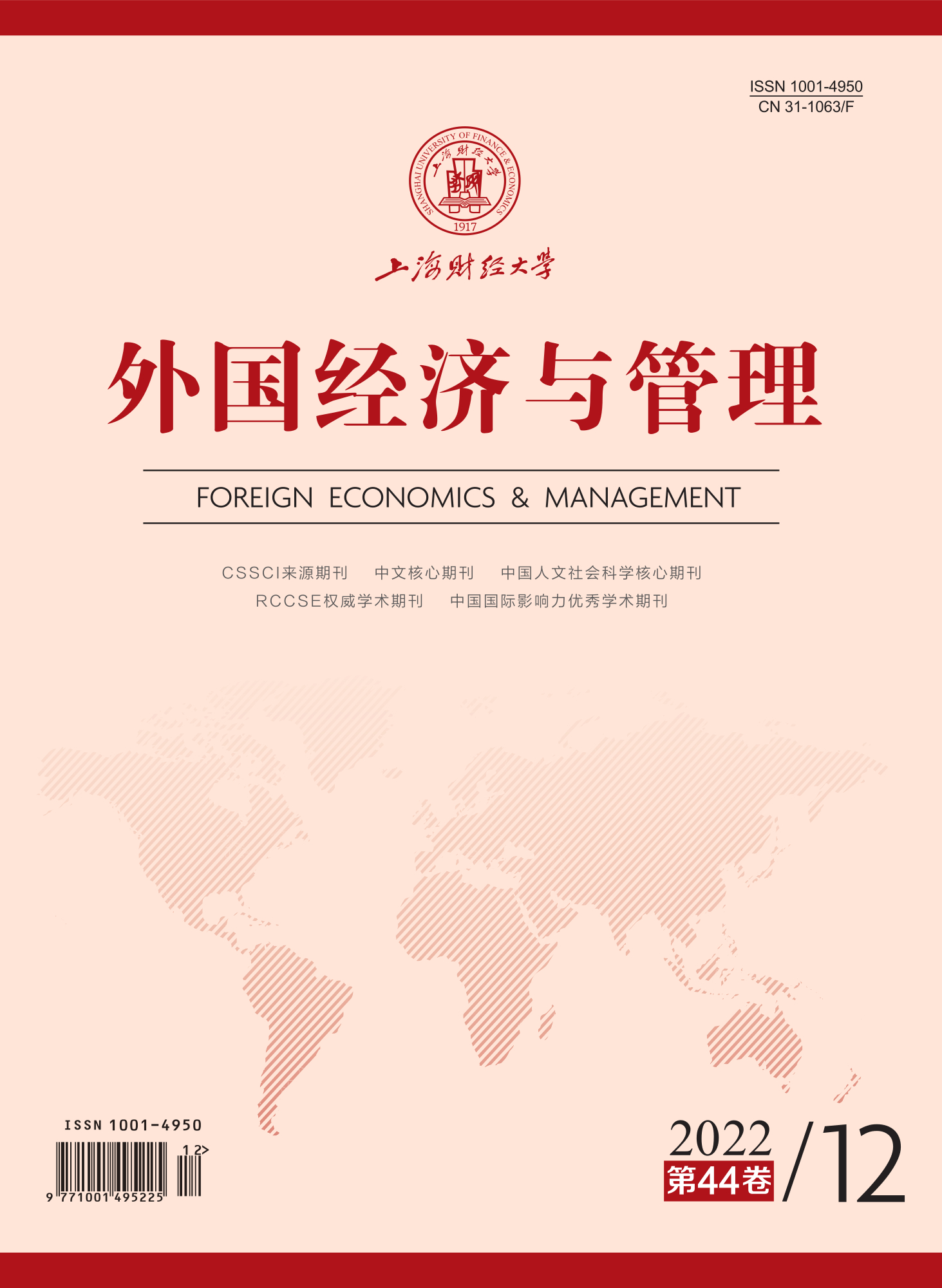The key to rural revitalization depends on people. A wave of immigrant entrepreneurship and related research is emerging. However, scholars have not fully explored the drivers and mechanisms of immigrant entrepreneurship in the context of family structure. Indeed, the unique drivers and development dilemmas of immigrant entrepreneurship in China deserve further exploration. Family backgrounds profoundly impact individual perceptions, preferences, and behavioral choices, shaping individuals’ attitudes towards entrepreneurship and affecting entrepreneurs’ specific decisions as providers of tangible and intangible resources. In addition, studying the influencing factors of entrepreneurial flow is of great significance for enterprises to enhance their development potential and for regions to explore the development path suitable for returning home to start a business.
From the perspective of intra-household socialization characteristics and family capital, combined with the characteristics of entrepreneurs at individual and enterprise levels, this paper constructs a research model of family size, immigrant entrepreneurship, and economic distance choice of location. The study is based on the “Thousand Village Survey” launched by Shanghai University of Finance and Economics in 2016 and the 2016 China Urban Statistical Yearbook to test the hypotheses. The results show that: (1) The larger the entrepreneur’s original family, the more likely they will start a business in a different location. (2) They tend to go to a region with more significant economic differences. (3) The positive effect between family size and immigrant entrepreneurship is stronger when the entrepreneur has higher human capital and the business belongs to the tertiary industry, and human capital also amplifies the impact of family size on the economic development gap.
The theoretical contributions are that: (1) By correlating family science with immigrant entrepreneurship, it highlights the profound impact of family size on individual entrepreneurial choices. (2) It expands the literature on immigrant entrepreneurship and delves into the drivers of immigrant entrepreneurship and its flow at the micro level. (3) Combined with the perspectives of individual characteristics and industrial contexts, it expands the boundary conditions between family size and immigrant entrepreneurship.
The practical contributions are that: (1) It reveals the flow of rural entrepreneurship in China and the current situation of inter-regional rural industrial development , which helps regions combine their own advantages, grasp industrial development trends, formulate differentiated “talent-grabbing” strategies, and also highlights the role of school-family-society co-education and improving the innovation and entrepreneurship system in stimulating immigrant entrepreneurial vitality. (2) It emphasizes the importance of cultivating multi-level and high-quality rural entrepreneurial talents. (3) It provides valuable insights for the government to strategically deploy potential talent mobilization regions, accelerate industrial integration and build a new pattern of rural industrial development during the COVID-19 pandemic period.





 9774
9774  5717
5717

